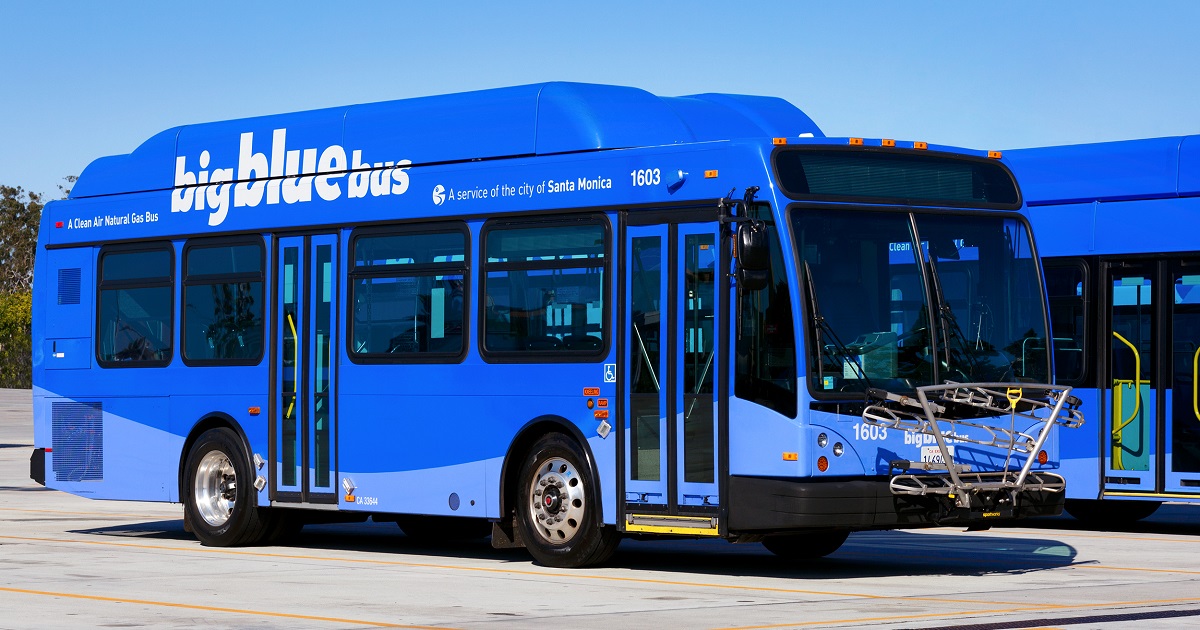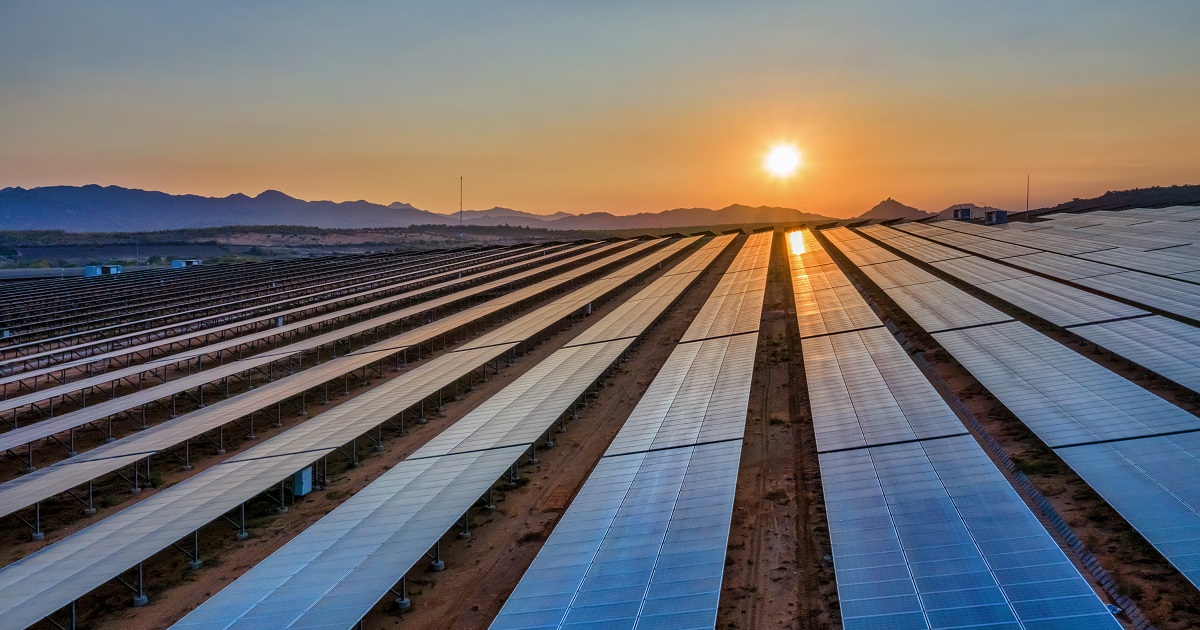
Solar+Storage
Business Wire | July 05, 2023
TROES, a leading provider of cutting-edge battery energy storage solutions, is delighted to announce the successful field certification of several off-grid projects, including a noteworthy project in Canada that recently surpassed the field inspection process based on UL9540 standards for one of its off-grid projects. Boasting a portfolio of off-grid projects spanning the Caribbean and Canada, TROES' commitment to safety and quality in advanced Battery Energy Storage Systems (BESS) is exemplified by the testing it has undergone and continued compliance to industry best practices, ensuring the reliable and safe operation of off-grid projects with BESS components.
Canada enforces stringent electrical safety standards for energy systems, including off-grid microgrid projects with BESS components. Field certification is mandatory to verify compliance, and the field certificate standards ensure safe operation through rigorous testing to ensure adherence to best practices. TROES passing the field inspection showcases the company's standards of safety and reliability in their BESS products.
In off-grid applications, advanced technology is crucial. For example, in islanding mode, the fluctuating renewable energy generation influenced by weather conditions leads to variable power availability. The Battery Energy Storage System (BESS) plays a vital role in effectively managing energy supply and demand to ensure a reliable and stable power output. Additionally, the BESS may serve as the primary or sole power source in islanding mode, making it essential to maintain the State of Charge (SoC) within safe operating limits. This is necessary to prevent over-discharge or overcharge situations that can degrade battery health and reduce its lifespan, where TROES excels in achieving successful off-grid projects for clients across the globe. Furthermore, without the utility grid providing the last layer of protection, the detection and protection against faults or abnormal conditions become crucial aspects to consider.
The majority of the off-grid projects TROES conducted were for a customer who previously relied solely on generators to power their energy usage, incurring significant fuel and maintenance costs. By using TROES’ BESS solution, the generator's operation becomes optimized and the noise pollution will be reduced, allowing the BESS and renewable energy system to provide uninterrupted quiet electricity throughout the warmer seasons. The successful completion of these projects exemplifies TROES' commitment to delivering state-of-the-art C&I energy storage solutions that enhance power generation efficiency, reduce costs, and promote sustainability for its valued customers.
The increasing demand for reliable off-grid power solutions in remote locations and the urgent need to transition to clean energy sources have created a significant market for TROES' products. Off-grid battery energy storage system (BESS) solutions are essential in North America due to limited grid access, power outages, renewable energy integration, cost savings, and energy independence. By offering reliable, cost-effective, and environmentally friendly off-grid BESS solutions, TROES empowers individuals and communities in the remote areas to achieve energy independence, enhance resilience, and contribute to a sustainable future.
"We are thrilled to have successfully passed the field inspection based on UL9540 standards," said Vienna Zhou, CEO & Founder at TROES. "We remain dedicated to pushing the boundaries of innovation, ensuring our customers benefit from cutting-edge technology that optimizes their energy systems while adhering to the highest industry standards."
With a focus on safety, reliability, and superior performance, TROES remains committed to exceeding customer expectations and revolutionizing the energy storage landscape.
About TROES
TROES is a leading provider of advanced battery energy storage solutions, offering a comprehensive turn-key energy storage technology package. Their offerings include battery energy storage hardware, remote monitoring and operation software, and turn-key control solutions. With a strong focus on safety, reliability, and innovation, TROES delivers cutting-edge solutions that optimize power generation, reduce expenses, and enhance sustainability. Their diverse range of products and services caters to various sectors, including commercial, industrial, agriculture and utility-scale applications.
Read More

Energy
businesswire | June 12, 2023
Clean Energy Fuels Corp, the largest provider of the cleanest fuel for the transportation market, announced a slew of new deals with several well-known consumer brands and some of the nation’s largest and most environmentally-conscious transit agencies.
Liberty Coca-Cola, one of the country’s largest bottlers and distributors of Coke and other brands and serving the Northeast U.S., has signed a fueling contract with Clean Energy to power trucks in New York and Philadelphia with renewable natural gas (RNG). These are its first trucks to operate on RNG, a sustainable fuel made from organic waste that significantly reduces carbon emissions by an average of 300% versus diesel.
“Liberty Coca-Cola strives to be the best corporate citizen we can be in the communities where we do business, and having a cleaner-operating and more sustainable fleet with RNG is a good way to that,” said Stanley Walker, distribution manager, Liberty Coca-Cola. “RNG reduces carbon emissions and improves air quality easily and cost-effectively.”
Electrolux North America, a leading global home appliance company, has signed a fueling agreement with Clean Energy for an estimated 200,000 gallons of RNG to be used by new trucks from a contracted carrier that will fuel at Clean Energy’s station in Ontario, CA.
Recology, a waste management company, has inked new and extended RNG supply and maintenance contracts for an anticipated 800,000 and 6.5 million gallons respectively. Recology stations in Gilroy, Brisbane, and Davis, CA support more than 150 RNG trucks. Additionally, Recology has contracted Clean Energy to build a new RNG station In Snohomish, WA that is projected to fuel 30 trucks.
Long-time customer and an early adopter of RNG, the Big Blue Bus in Santa Monica, CA has signed a maintenance agreement for its fleet of 195 transit buses that fuels with an anticipated 7.5 million gallons of RNG. In 2015, Big Blue Bus became one of the country's first municipal transit agencies to convert its entire fleet to RNG. Nationally recognized for its long-standing commitment to a cleaner environment, Big Blue Bus transports 44,000 passengers daily across a 58-square-mile service area.
“We count Big Blue Bus as one of our most important customers because the leadership role the transit agency plays in tackling the issues of clean air and climate change,” said Chad Lindholm, Clean Energy Senior Vice President. “Fueling their fleet of buses with RNG provides immediate and significant carbon reductions, while improving air quality for people who live in and around the community of Santa Monica.”
“Our longstanding partnership with Clean Energy helps us deliver on our mission to provide affordable and sustainable transportation, while creating healthier, more livable communities. Further, our adoption of renewable natural gas aligns with our strategic goal to implement a full zero-emissions fleet by 2030,” said Ed King, director, Santa Monica Department of Transportation.
Clean Energy has been contracted by Gold Coast Transit to maintain its station in Oxnard, CA which uses an estimated 4 million gallons of RNG for 82 transit buses.
Channel Island Dairy Farms has signed a contract for an estimated 300,000 gallons of RNG for heavy-duty trucks operating in the Corcoran, CA area.
The Birmingham Jefferson County Transit Authority has signed a maintenance agreement with Clean Energy for its Birmingham, AL station. The station is expected to use an anticipated 2 million gallons of fuel for 186 transit buses.
The City of Tucson has signed a maintenance agreement with Clean Energy to support its fleet operations. The station uses an anticipated 2 million gallons of fuel to power 150 transit buses and refuse trucks.
Valley Regional Transit in Boise, ID has inked a maintenance agreement with Clean Energy. The station uses an expected 1.7 million gallons of fuel to power its fleet of 30 transit buses.
Grand Canyon National Park, AZ has signed an agreement with Clean Energy to maintain its station. The station is anticipated to provide 1.5 million gallons of fuel for 30 park shuttle buses.
Sweeping Corporation of America, the nation's largest power sweeping company, has signed a contract for a projected 250,000 gallons of fuel to power 78 trucks in Northern and Southern California.
Campbell’s Trucking Company in Tacoma, WA has signed a fueling deal for an expected 300,000 gallons of fuel for 15 heavy-duty trucks.
About Clean Energy
Clean Energy Fuels Corp. is the country’s largest provider of the cleanest fuel for the transportation market. Our mission is to decarbonize transportation through the development and delivery of renewable natural gas (RNG), a sustainable fuel derived from organic waste. Clean Energy allows thousands of vehicles, from airport shuttles to city buses to waste and heavy-duty trucks, to reduce their amount of climate-harming greenhouse gas. We operate a vast network of fueling stations across the U.S. and Canada.
Read More

Solar+Storage, Energy
Intersect Power, LLC | January 13, 2023
Intersect Power, LLC announced that its Athos III solar project in Riverside County, California, will start making money on December 22, 2022. The Athos III solar project was constructed by union workers, with solar panels, batteries, and steel piles made in America. This means that it is expected to comply with the domestic content and prevailing wage requirements of the Inflation Reduction Act (IRA).
The Athos III solar project (Blythe Mesa Solar II) is generating 224 MWac/310 MWp of dependable solar energy to power about 94,000 households and features 448 MWh of co-located storage.
Sheldon Kimber, Intersect Power CEO, stated, "Today marks a major milestone for the Intersect Power team and our impact as a clean energy developer, owner, and operator."
Source – Cision PR Newswire
Intersect Power's Athos III solar project is part of its near-term portfolio, which includes 2.2 GW of solar photovoltaic and 1.4 GWh of co-located storage. The majority of the portfolio will go live in 2023. As a result, the Athos III solar project generated 500 peak union positions.
Funding for the project's operations and construction was secured as part of the expanded portfolio financing announced in November 2022, when Intersect Power closed on commitments from critical financial institutions and investors for portfolio-level term loans, tax equity, and construction finance.
HPS Investment Partners provided the portfolio term debt. The tax equity was delivered by Morgan Stanley Renewables Inc. The construction debt was provided by coordinating Lead Arrangers Santander Corporate & Investment Banking and MUFG. Along with Cobank, Helaba, KeyBanc Capital Markets, and Nord LB as joint lead arrangers.
About Intersect Power
Intersect Power is a clean energy firm that provides retail and wholesale energy markets with innovative and scalable low-carbon solutions. The corporation produces some of the world's most significant clean energy resources, supplying North American clients with low-carbon power, fuels, and related products. Intersect Power's base portfolio consists of 2.2 GW of solar PV and 1.4 GWh of co-located storage that are either under development or in service. The company's business model calls for expanding grid-connected renewables and large-scale clean energy assets like green hydrogen.
Read More